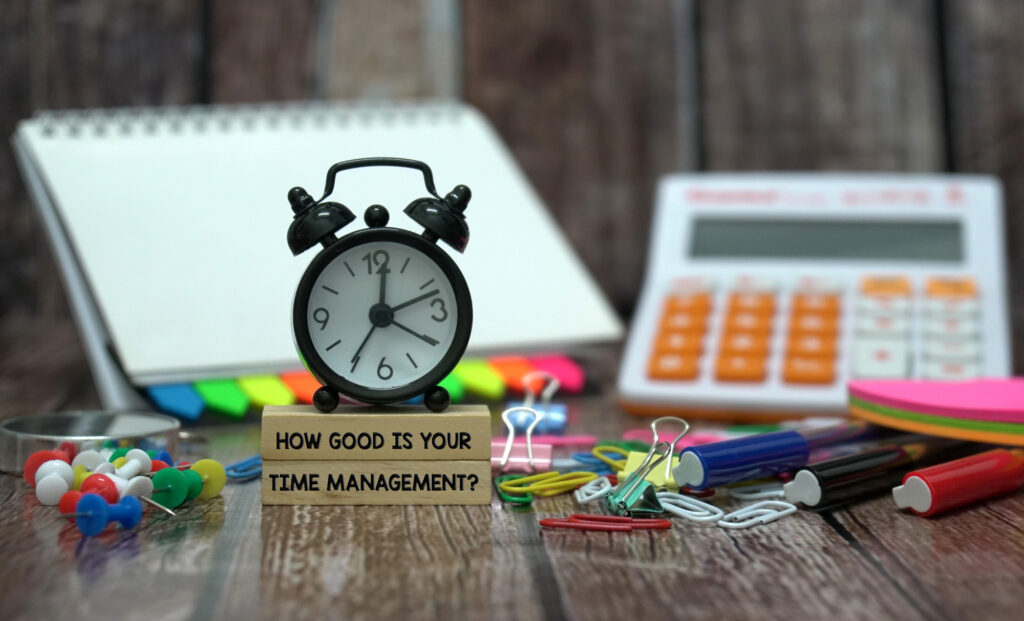Global Perspectives on Work-Life Balance: How Different Cultures Find Harmony

The Universal Quest for Work-Life Balance
Imagine sitting at your desk long after office hours, scrolling through work emails while mentally preparing for another sleepless night. The stress of trying to juggle work and personal life is something many of us face, and achieving that elusive balance can feel overwhelming. Whether you’re navigating long hours or constant connectivity, the struggle to find balance between work and life is a global challenge.
But while the goal of work-life balance is universal, different cultures approach it in unique ways. From the 6-hour workdays in Scandinavia to Japan’s struggles with overwork, how people balance their professional and personal lives reflects the cultural values of their societies. This article will explore global perspectives on work-life balance and offer insights into how different cultures prioritize family, leisure, and rest. These lessons can inspire readers to incorporate better balance into their own lives, no matter where they live.
Scandinavia: Prioritizing Leisure and Flexibility
In Scandinavia, countries like Sweden and Denmark are often held up as models for achieving work-life balance. Workplace policies in these nations reflect a deep commitment to employee well-being and flexibility. In Sweden, some companies have experimented with 6-hour workdays, while Denmark encourages flexible Fridays and extended parental leave, ensuring employees can spend time with their families without sacrificing job security.
This approach stems from the Scandinavian belief that leisure time is just as important as work. Time spent with family, in nature, or engaging in hobbies is seen as essential to fostering creativity and productivity. In fact, many Scandinavian workplaces are designed to allow employees the flexibility to work around their personal lives, not the other way around.
For readers, there’s a valuable lesson here: experimenting with flexible working arrangements or taking intentional breaks for personal activities can help recharge mentally and physically. Prioritizing leisure doesn’t mean sacrificing productivity; rather, it can enhance your ability to perform better in both professional and personal arenas.
Japan: Struggles with Overwork and Emerging Change
Japan is known for its strong work ethic, but this dedication to hard work often comes at a cost. The phenomenon of karoshi—or death from overwork—is a serious issue in Japan, where long hours, late nights, and immense pressure to stay committed to one’s job have led to severe mental and physical health issues for many employees. Workers often feel obligated to stay late, even after official work hours have ended, to demonstrate loyalty and dedication to their employers.
This cultural attitude has deep roots in Japan’s post-war reconstruction, where hard work and loyalty to one’s company were seen as paramount. The expectation to prioritize work above personal life has shaped Japan’s workplace culture for decades. However, things are beginning to change. Younger generations are increasingly pushing back against these long-standing norms, advocating for better work-life balance and flexible working arrangements. Some companies are experimenting with shorter workweeks, and more discussions around mental health and personal well-being are entering the mainstream.
For readers, the takeaway from Japan’s example is the importance of setting boundaries. Recognizing the need to prioritize personal well-being is crucial for long-term productivity and health. By ensuring that time is allocated to personal life, rest, and mental wellness, employees can avoid burnout and improve their overall quality of life.
France: The Right to Disconnect
France is often praised for its approach to maintaining a clear distinction between work and personal life. One of the most progressive policies is France’s 35-hour workweek, which limits the number of hours employees are required to work. In addition, France introduced the “right to disconnect” law in 2017, which allows employees to ignore work-related emails and messages after hours, giving them the freedom to completely disconnect from work once they leave the office.
Culturally, the French place a high value on leisure and family time. Long lunches, weekends free from work obligations, and vacations are seen as essential to maintaining a well-balanced life. This focus on personal time reinforces the idea that productivity doesn’t depend on long hours but on the quality of work done during designated work hours.
For readers, adopting the French approach of setting daily boundaries—such as unplugging after work—can greatly improve focus and reduce burnout. Whether it’s stepping away from work emails in the evening or fully enjoying weekends without checking in on work, taking time to disconnect can lead to better productivity and a healthier balance between work and personal life.
The United States: The Hustle Culture vs. Shifting Mindsets
In the United States, hustle culture is deeply ingrained in the professional landscape. Many people work long hours, often putting in extra time after regular workdays and forgoing vacation days in favor of career advancement. The pursuit of the “American Dream”—the idea that hard work leads to success and financial prosperity—has fostered a culture of ambition and drive. While this mindset has led to economic growth and innovation, it has also caused widespread burnout, with many workers sacrificing their well-being in the name of career goals.
However, the U.S. is also experiencing a shift. As mental health awareness rises, more companies are adopting policies that promote a better work-life balance. Remote work has become a major trend, offering employees the flexibility to work from home and manage their schedules. Additionally, some companies are implementing unlimited vacation policies, encouraging employees to take time off without feeling restricted by a set number of days. These changes reflect a growing understanding that productivity is not measured by hours worked but by the quality and impact of that work.
For readers, the key takeaway is to prioritize self-care and consciously avoid burnout. While ambition and hard work are essential, it’s equally important to recognize the value of rest and reflection. By setting boundaries, taking time off when needed, and focusing on well-being, individuals can achieve personal and professional success without compromising their health.
Spain: Embracing the Siesta and Family Time
In Spain, the concept of siesta has been a long-standing tradition. Workers take extended midday breaks, usually lasting from two to three hours, to rest and recharge. While the practice of siesta has evolved with modern work schedules, many Spaniards still use this time to enjoy a leisurely lunch, rest at home, or spend time with family. This extended break not only restores energy but also creates a natural division between work and personal life.
Spanish culture places great importance on family time and social interactions, often prioritizing them over career ambitions. Long, relaxed meals and a slower pace of life are common, and people take the time to connect with loved ones, often well into the evening. This approach to life emphasizes the importance of relationships and mental well-being, reinforcing the idea that life should be enjoyed, not just worked through.
For readers, adopting a practice of intentional rest during the day, even for a short time, can lead to greater focus and mental clarity. Whether it’s a brief break to disconnect or a longer lunch with family, these moments of relaxation can boost productivity and improve overall well-being.
Applying Global Work-Life Balance Insights to Your Life
Different cultures around the world offer unique perspectives on achieving work-life balance, from Spain’s emphasis on family time to Scandinavia’s prioritization of leisure, and the U.S. moving away from hustle culture. These diverse practices show that balance is not one-size-fits-all; it’s a personal journey that aligns with individual values.
By reflecting on your own work habits and the global insights shared in this article, you can begin to implement small changes that improve both your professional performance and personal well-being. Whether it’s setting boundaries like the French, embracing intentional rest like the Spaniards, or experimenting with flexible work arrangements, balance is achievable.
Ultimately, finding the right work-life balance requires customization—drawing inspiration from global perspectives and tailoring it to fit your own needs.



